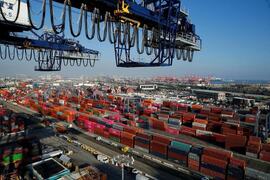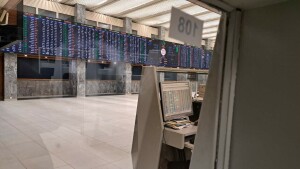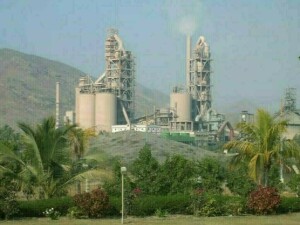World oil prices fell on Tuesday after Opec comments suggesting an increase in crude production output, while traders anticipated rising energy stocks in the United States. New York's main contract, light sweet crude for delivery in July, fell 44 cents to 54.05 dollars per barrel in early deals.
In London, the price of Brent North Sea crude oil for delivery in July lost 32 cents to 53.35 dollars per barrel.
The president of the Organisation of Petroleum Exporting Countries said Tuesday he would propose a 500,000 barrel per day (bpd) hike in the cartel's output ceiling at a meeting next week if prices remain at high levels.
"If prices continue at this high level, I will, as Opec president, propose to increase this (production) ceiling by 500,000 bpd at the Opec ministers' meeting in Vienna" on June 15, Sheikh Ahmed Fahd al-Sabah, who is also Kuwait's energy minister, told reporters.
However, he said the proposed rise would not add to the 11-member cartel's current actual production because "the real (over) production is already in the market".
"Our real production now is over 30 million bpd for the Opec-11... We are already over the ceiling."
Fears of a shortage of distillate products during the next northern hemisphere winter pushed prices on Monday to highs of 55.55 dollars in New York and 54.62 dollars in London.
But world oil prices fell back as traders expected the US Department of Energy (DoE) to unveil increases in crude stocks in Wednesday's weekly snapshot of inventories - forecast to show a jump in distillates.
"Oil prices are lower as the rise on distillates now seems overdone," Sucden broker Robert Montefusco said. "Dealers are taking a breather ahead of tomorrow's inventory data."
The market consensus forecast was for a rise of 1.3 million barrels of distillates when the US government publishes its latest weekly inventories report on Wednesday.
"While we anticipate a distillate build of more than one million barrels... such an increase may not be sufficient to dampen supply concerns," Prudential Financial analyst Jim Ritterbusch said.
There are concerns that although US crude stocks are at six-year highs, US refineries may not be able to convert crude into distillates at a fast enough pace to meet fourth-quarter demand.
Daniel Hynes, an energy analyst with ANZ Bank, said oil prices were bound to fall as the recent spike was driven by worries about supplies of distillates months before the northern hemisphere winter sets in.
"I think it was a real surprise to see the market focus on the issue so far out from the peak demand, so prices as a consequence have come off."
BR100
15,115
Increased By
28.1 (0.19%)
BR30
43,048
Increased By
175.6 (0.41%)
KSE100
149,493
Increased By
257.8 (0.17%)
KSE30
45,518
Increased By
11.6 (0.03%)























Comments
Comments are closed.